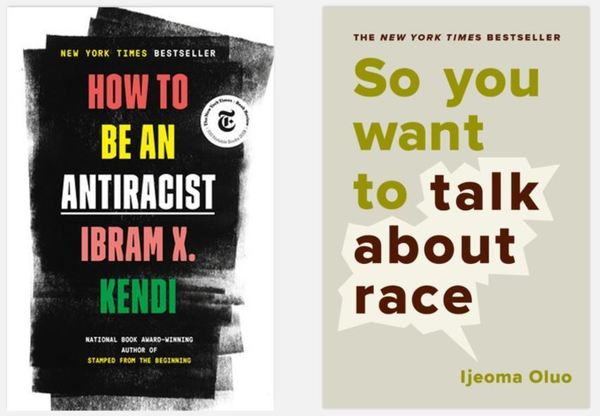

Walk the Walk Week and Black History Month have come to a close. But that doesn’t mean the reflection and commitments both observances strive to inspire must end.
The University’s Black Graduate Student Association (BGSA) and a newly formed group, Graduate Students Against Racial Injustice at Notre Dame, are sharing an introductory antiracism resource guide they say is “intended to help guide initial inquiries into dismantling structural racism within academia.”
The guide includes Black and Latinx graduate student organizations on campus and multimedia examinations of the Black experience at Notre Dame as well as academic-specific resources and educational tools like the article “Ten simple rules for building an antiracist lab.” Graduate students from both organizations contributed content for the guide, as did some faculty members.
“Sometimes it’s hard to get yourself involved, or you don’t know where to start,” said Camille Mosley, BGSA co-president. Mosley, a second-year PhD student in the Biology Department, said the antiracism resource guide is one solution to that because it brings a variety of materials together in one place. She and her fellow graduate students are working “to get [the guide] to as many people as possible and do the work of treating each other better.”
For those wanting to dive deeper into the work of antiracism beyond the confines of the classroom, there is a broader listing of books, articles, videos, talks and websites.
The broader document includes the often-cited How to Be an Antiracist by Ibram X. Kendi and Ijeoma Oluo’s 2018 book So You Want to Talk About Race, which Mosley recommends. “That’s a very good, concise introduction to racism for allies. That book is specifically for allies and helps explain what racism is, what microaggressions are.”
While most of the media highlight the effects of systemic racism on Black people in America, there are also materials that explore ways to address bias and inequities that exist for women, people with disabilities and the Native American, Latinx and LGBT communities.
Graduate Students Against Racial Injustice at Notre Dame and the BGSA are hoping the listings will grow over time and welcome others’ suggestions for content that should be added.
Originally published by at diversity.nd.edu on March 05, 2021.